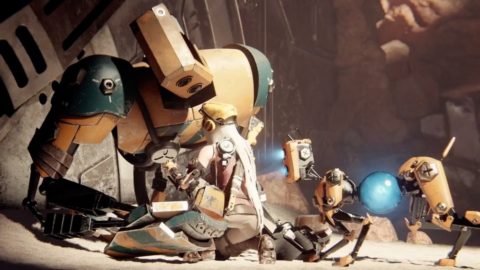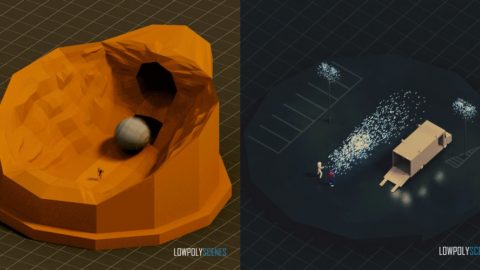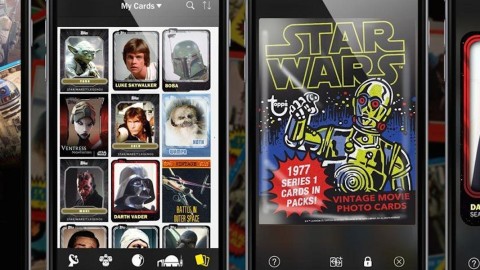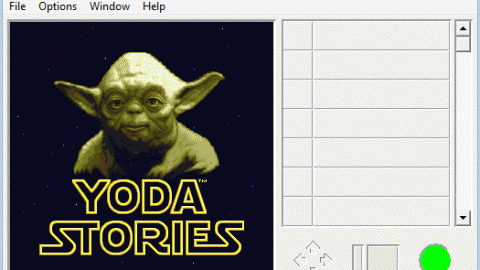
ReCore downplays its robot dog, which is all we care about
When ReCore’s first trailer premiered at E3 2015, the protagonist Joule and her scrappy robot dog charmed everyone with their expeditious tag-team adventure. Evoking Rey’s lone scavenger vibe from Star Wars: The Force Awakens (2015), the brief blast of combat at the trailer’s end promised creative, cooperative action—and a canine companion with the trick of interchangeable bodies, so you never need worry about the dog dying. Joule and co. seemed sweet, despite their attacking prowess, and the idea of an open desert to romp through and explore was tantalizing. weird, hidden garages full of violence Pre-release material has since hinted…







